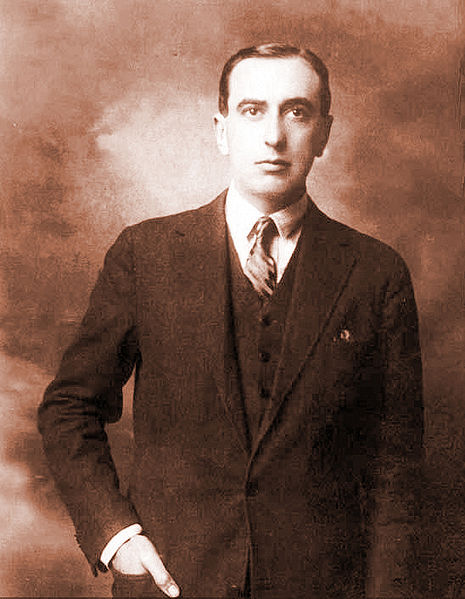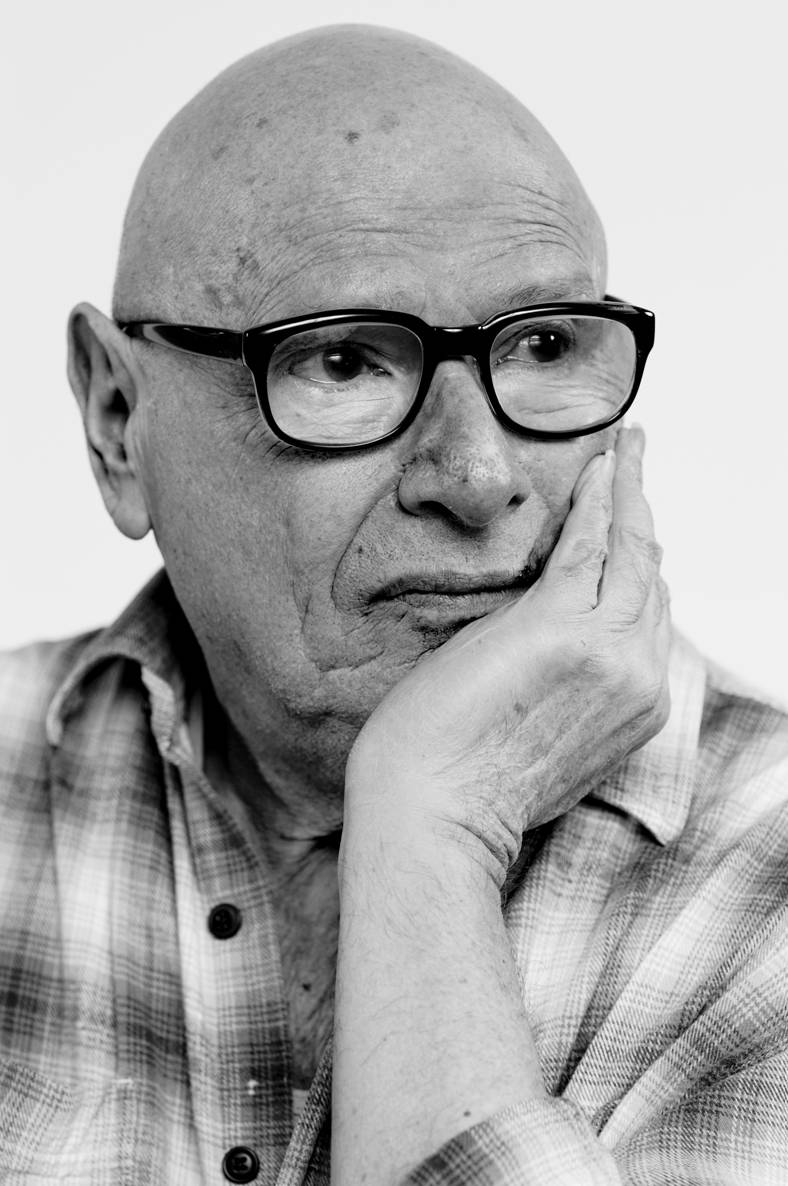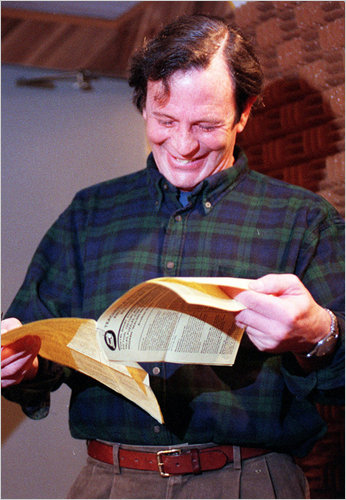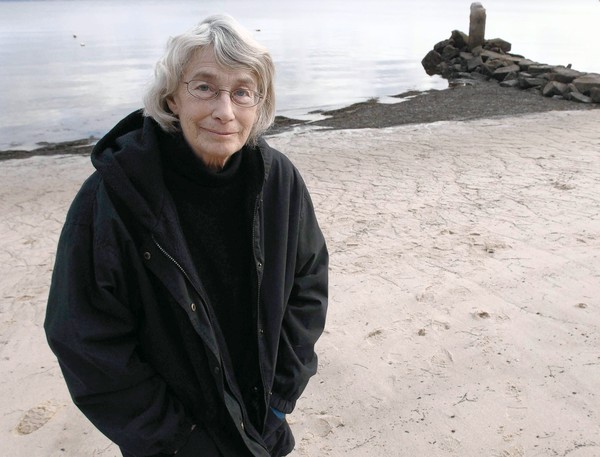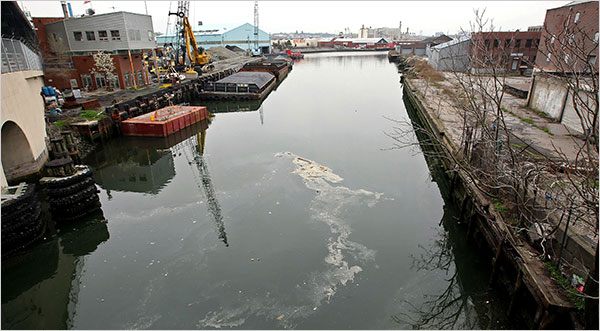POETRY MONTH 30/30/30: Inspiration, Community, Tradition: DAY 22 :: Tony Hoffman on Vicente Huidobro
 I don’t recall where I first encountered the works of Chilean poet Vicente Huidobro (1893-1948)—most likely in the introduction to a collection by one of his contemporaries who came to overshadow him (Neruda or Borges). In America, at least among English-speaking poets, his work is largely forgotten; I don’t remember his name ever coming up in a conversation I didn’t initiate. But he is still well loved by people with an interest in Spanish-language poetry.
A century ago, he initiated a literary movement known as Creationism (no relation to the term’s current religious context), which holds that a poem is something new, created by the author for its own sake, not to act as commentary or to please either author or audience. He wrote of the created poem, “Nothing in the external world resembles it; it makes real what does not exist, that is to say, it turns itself into reality. It creates the wonderful and gives it a life of its own. It creates extraordinary situations that can never exist in the objective world, that they will have to exist in the poem so that they exist somewhere.”
I don’t recall where I first encountered the works of Chilean poet Vicente Huidobro (1893-1948)—most likely in the introduction to a collection by one of his contemporaries who came to overshadow him (Neruda or Borges). In America, at least among English-speaking poets, his work is largely forgotten; I don’t remember his name ever coming up in a conversation I didn’t initiate. But he is still well loved by people with an interest in Spanish-language poetry.
A century ago, he initiated a literary movement known as Creationism (no relation to the term’s current religious context), which holds that a poem is something new, created by the author for its own sake, not to act as commentary or to please either author or audience. He wrote of the created poem, “Nothing in the external world resembles it; it makes real what does not exist, that is to say, it turns itself into reality. It creates the wonderful and gives it a life of its own. It creates extraordinary situations that can never exist in the objective world, that they will have to exist in the poem so that they exist somewhere.”
POETRY MONTH 30/30/30: Inspiration, Community, Tradition: DAY 14 :: Daniel Owen on Bill Kushner
 I first encountered Bill Kushner’s work at a reading at the Poetry Project a few years ago. That night, he read from In Sunsetland With You, a book of poems that emanate from young Billy’s relationship with old Abe Lincoln, poems that, with a language of grace and humor, narrate the misadventures of a lonely, horny, eternally innocent, old, sad, and joyous spirit through the wars, highway-watching nights, and skinny-dippings of Sunsetland. What struck me most about these poems, and what continues to strike me through all of Bill's work, is the delicate balance between wrenching and buoying the heart. Bill’s poems are like walking through the world with one’s eyes open, with the workaday bullshit stripped away; he reads the raw Whitman writ on every street corner or fragment of memory, real or imagined.
Over the course of eight books, Bill has rambled through the streets of Sunsetland and New York, across sonnets and daily diary poems, lustily crusing through time present and past, Billie Holiday records, beefcake babies, always in a mood of love, love, love. Yes, love appears on almost every page and it sure feels real, flapping in the face and the mind and the blood of a humble human life.
I first encountered Bill Kushner’s work at a reading at the Poetry Project a few years ago. That night, he read from In Sunsetland With You, a book of poems that emanate from young Billy’s relationship with old Abe Lincoln, poems that, with a language of grace and humor, narrate the misadventures of a lonely, horny, eternally innocent, old, sad, and joyous spirit through the wars, highway-watching nights, and skinny-dippings of Sunsetland. What struck me most about these poems, and what continues to strike me through all of Bill's work, is the delicate balance between wrenching and buoying the heart. Bill’s poems are like walking through the world with one’s eyes open, with the workaday bullshit stripped away; he reads the raw Whitman writ on every street corner or fragment of memory, real or imagined.
Over the course of eight books, Bill has rambled through the streets of Sunsetland and New York, across sonnets and daily diary poems, lustily crusing through time present and past, Billie Holiday records, beefcake babies, always in a mood of love, love, love. Yes, love appears on almost every page and it sure feels real, flapping in the face and the mind and the blood of a humble human life.
POETRY MONTH 30/30/30: Inspiration, Community, Tradition : DAY 9 :: Maryam Parhizkar on Paul Violi
 In November 2011 H_NGM_N Books reissued In Baltic Circles, Paul Violi's first book of poems, originally published in 1973 by The Kulchur Foundation. This resulted out of funny circumstances: after seeing a review by Matt Hart of his last book, Overnight, in Coldfront Magazine, Violi sent Hart a photocopy of the original book with a handwritten note saying, "I like to think it's not all juvenilia!" In Baltic Circles is hardly that – even as an early book it encompasses so much of Violi's essence. What does that mean? For one, if there were ever code of ethics for the poetic form, you also could count on him to violate it in a poem – and he did so in such an elegant and charming way that you could never hold it against him. This is his edgy cleverness, accompanied by a romantic streak and a surreal awareness of the everyday... They are qualities that also radiated like the sun from his personality.
In November 2011 H_NGM_N Books reissued In Baltic Circles, Paul Violi's first book of poems, originally published in 1973 by The Kulchur Foundation. This resulted out of funny circumstances: after seeing a review by Matt Hart of his last book, Overnight, in Coldfront Magazine, Violi sent Hart a photocopy of the original book with a handwritten note saying, "I like to think it's not all juvenilia!" In Baltic Circles is hardly that – even as an early book it encompasses so much of Violi's essence. What does that mean? For one, if there were ever code of ethics for the poetic form, you also could count on him to violate it in a poem – and he did so in such an elegant and charming way that you could never hold it against him. This is his edgy cleverness, accompanied by a romantic streak and a surreal awareness of the everyday... They are qualities that also radiated like the sun from his personality.
Poetry Month 30/30/30: Inspiration, Community, Tradition: DAY 3 :: Bill Considine on Elinor Nauen
POETRY MONTH 30/30/30: Inspiration, Community, Tradition :: DAY 2: Pete Reilly on Mary Oliver
 Today we begin the community portion of our Poetry Month: Inspiration, Community, Tradition series with Peter Reilly writing on Mary Oliver's poetry and its influence on his work.
PR: Mary Oliver's gift is to describe the natural world simply, in a way that reveals the deepest secrets of our human heart. She is grounded in the reality of survival - life and death - predator and prey; yet never loses her eye for the eternal, for amazement, and for the magic of transformation.
From "Wild Geese"
You do not have to be good.
You do not have to walk on your knees
for a hundred miles through the desert repenting.
You only have to let the soft animal of your body
love what it loves.
[caption id="attachment_434" align="alignright" width="300" caption="photo: Brian Reilly"]
Today we begin the community portion of our Poetry Month: Inspiration, Community, Tradition series with Peter Reilly writing on Mary Oliver's poetry and its influence on his work.
PR: Mary Oliver's gift is to describe the natural world simply, in a way that reveals the deepest secrets of our human heart. She is grounded in the reality of survival - life and death - predator and prey; yet never loses her eye for the eternal, for amazement, and for the magic of transformation.
From "Wild Geese"
You do not have to be good.
You do not have to walk on your knees
for a hundred miles through the desert repenting.
You only have to let the soft animal of your body
love what it loves.
[caption id="attachment_434" align="alignright" width="300" caption="photo: Brian Reilly"] [/caption]
But little by little
as you left their voices behind,
the stars began to burn
through the sheets of clouds
and there was a new voice
which you slowly
recognized as your own
that kept you company
as you strode deeper and deeper
into the world,
determined to do
the only thing you could do -
determined to save
the only life you could save.
[/caption]
But little by little
as you left their voices behind,
the stars began to burn
through the sheets of clouds
and there was a new voice
which you slowly
recognized as your own
that kept you company
as you strode deeper and deeper
into the world,
determined to do
the only thing you could do -
determined to save
the only life you could save.
Community CoCo: GOWANUS: Poetry, Audio Production: Bill Considine, Cosmo D, Ambrose Bye
Gowanus (Yellow Shoes): Bill Considine, Poetry - Cosmo D, Music - Produced/Mixed by Ambrose Bye from New Festivals of Rhizomes and Wraiths


